Understanding Epistaxis: Causes, Symptoms
by Dr. Basharat Ali
Epistaxis, commonly known as a nosebleed, is a condition that many individuals experience at some point in their lives. While often perceived as a minor inconvenience, it can sometimes be a symptom of underlying health issues. As a homeopathic practitioner, Dr. Basharat Ali explores the causes, symptoms, and homeopathic remedies for epistaxis, offering a holistic perspective on this common condition.
What is Epistaxis?
Epistaxis refers to the bleeding from the nose, usually from the blood vessels of the nasal mucosa. The nose is rich in blood vessels, making it susceptible to bleeding. Although most nosebleeds are not severe, they can be alarming and uncomfortable. Understanding the causes and identifying the symptoms early can help in managing the condition effectively.
Causes of Epistaxis
Epistaxis can be caused by a variety of factors, which can be broadly classified into local and systemic causes:
- Local Causes:
- Trauma: One of the most common causes of nosebleeds is trauma to the nose. This could be due to nose-picking, a blow to the face, or even forceful blowing of the nose.
- Dry Air: Exposure to dry air can dry out the nasal membranes, making them more prone to cracking and bleeding.
- Nasal Infections: Sinus infections or colds can cause inflammation of the nasal passages, leading to epistaxis.
- Allergies: Allergic rhinitis can irritate the nasal lining, resulting in nosebleeds.
- Foreign Objects: Insertion of foreign objects, particularly in children, can lead to epistaxis.
- Systemic Causes:
- Hypertension: High blood pressure can cause blood vessels in the nose to rupture, leading to bleeding.
- Blood Disorders: Conditions such as hemophilia or platelet disorders can cause prolonged or frequent nosebleeds.
- Medications: Blood thinners like aspirin or anticoagulants can increase the risk of epistaxis.
- Hormonal Changes: During pregnancy, the increased blood flow and hormonal changes can lead to nosebleeds.
Symptoms of Epistaxis
The primary symptom of epistaxis is bleeding from one or both nostrils. However, the nature and severity of the bleeding can vary:
- Mild Bleeding: A small trickle of blood that stops on its own after a few minutes.
- Moderate to Severe Bleeding: Continuous bleeding that may require medical intervention. In severe cases, blood may also flow down the throat, leading to coughing or vomiting of blood.
Other symptoms may include:
- Dizziness or Lightheadedness: Due to blood loss.
- Nasal Congestion: Particularly if the bleeding is related to an underlying infection or allergy.
- Palpitations: If the blood loss is significant, it may cause a rapid heartbeat.
Homeopathic Approach to Epistaxis
Homeopathy offers a holistic approach to managing epistaxis by addressing the underlying causes rather than just the symptoms. Dr. Basharat Ali emphasizes the importance of individualized treatment, as the choice of remedy depends on the patient’s specific symptoms, constitution, and overall health.
Some common homeopathic remedies for epistaxis include:
- Ferrum Phosphoricum: Useful in the early stages of inflammation or infection, particularly when there is bright red blood and the patient feels weak or pale.
- Arnica Montana: Ideal for nosebleeds resulting from trauma or injury, especially if there is bruising and soreness.
- Phosphorus: Suitable for individuals who experience recurrent nosebleeds, often associated with bleeding gums or easy bruising. The blood is typically bright red and may flow in spurts.
- Hamamelis: Effective for nosebleeds where the blood is dark and thick, particularly in patients with a history of varicose veins or hemorrhoids.
- Pulsatilla: Recommended for nosebleeds that occur in the evening or at night, often accompanied by a feeling of pressure in the head or sinuses.
Preventive Measures
In addition to homeopathic treatment, Dr. Basharat Ali advises patients to adopt preventive measures to reduce the frequency and severity of nosebleeds:
- Maintain Humidity: Use a humidifier in dry environments to keep the nasal passages moist.
- Stay Hydrated: Drink plenty of fluids to prevent dehydration and dryness of the nasal mucosa.
- Avoid Trauma: Be gentle when blowing the nose and avoid picking the nostrils.
- Manage Allergies: Control allergic rhinitis with appropriate homeopathic remedies and avoid known allergens.
Conclusion
Epistaxis, though often benign, can be a cause of concern, especially if recurrent or severe. Understanding the underlying causes and symptoms is crucial in managing the condition effectively. Through a personalized approach, homeopathy offers a safe and holistic way to address epistaxis, focusing on both relief and prevention. Dr. Basharat Ali’s expertise in homeopathy provides patients with natural and effective solutions to manage nosebleeds, ensuring overall well-being and health.
For those experiencing frequent or severe nosebleeds, it is advisable to consult a healthcare provider to rule out any serious underlying conditions.



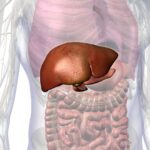
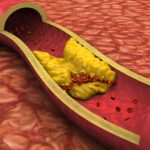















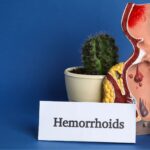


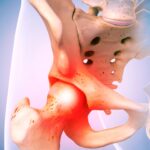
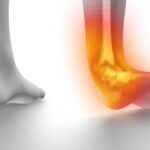








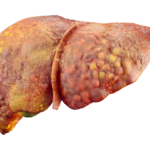
























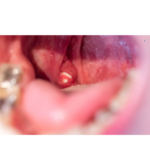



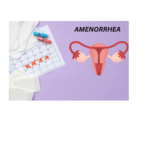
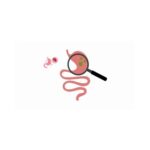


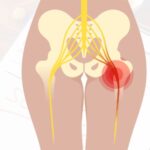

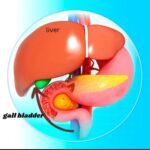
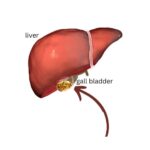










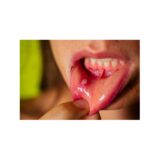
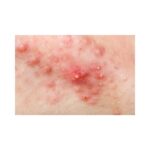
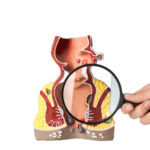





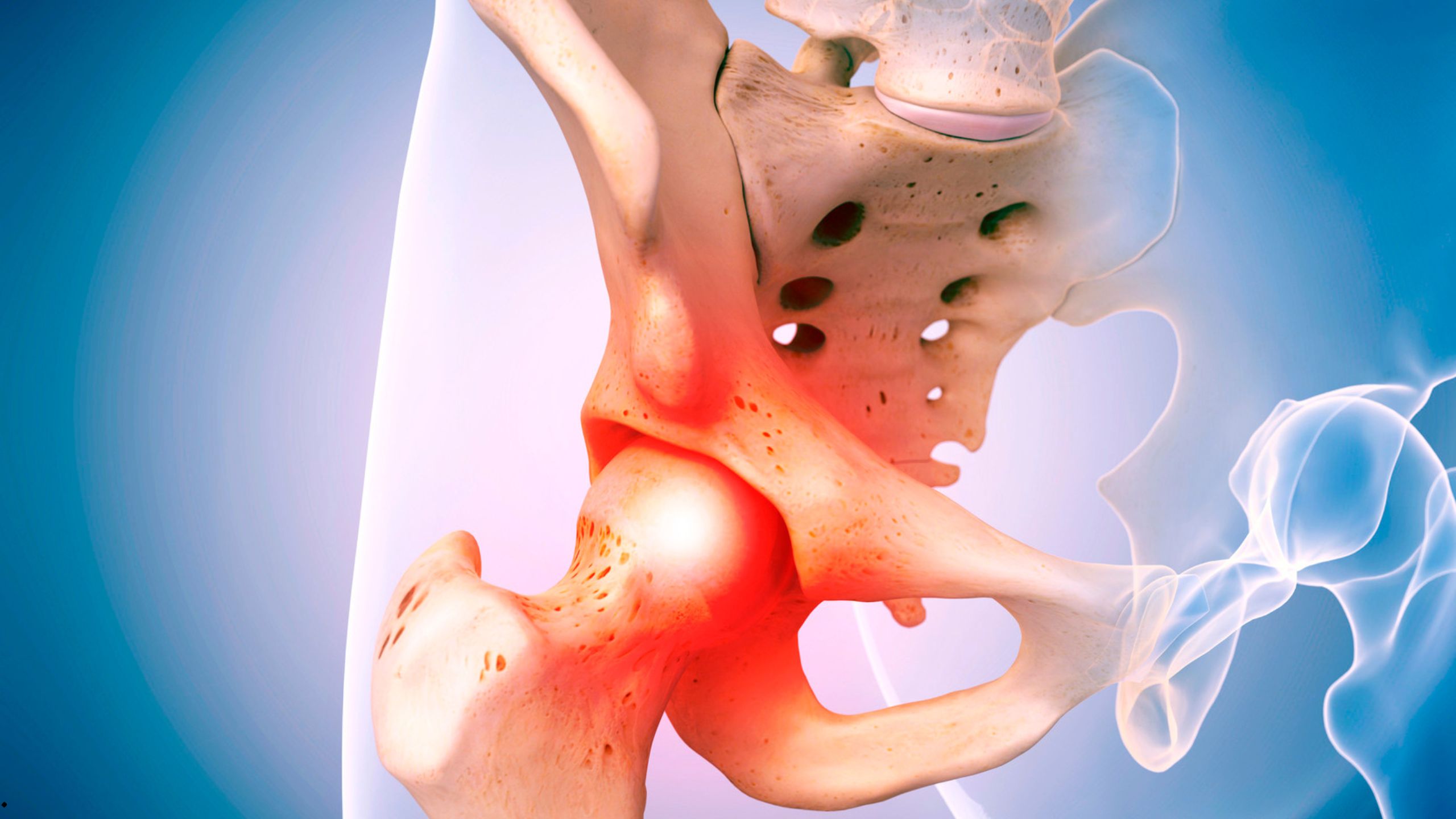
I discovered your blog site on google and check a few of your early posts. Continue to keep up the very good operate. I just additional up your RSS feed to my MSN News Reader. Seeking forward to reading more from you later on!…